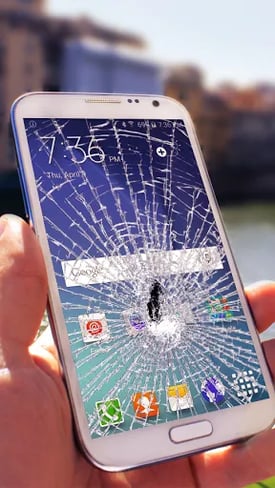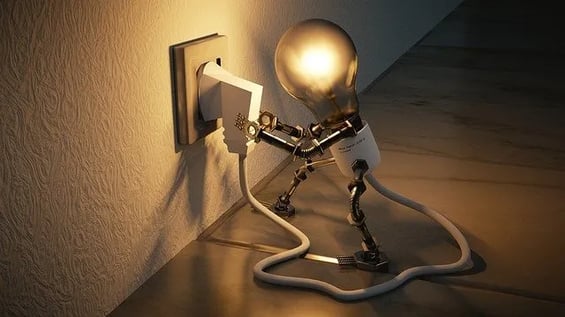CES Hire Toolbox Talk Tuesday: Anywhere And Everywhere
Portable Handheld Electric Tools
In a world where we can connect with anyone anywhere in the world; we’ve come to expect that we can do anything anywhere. Much of this is down to the wonder of the World Wide Web; google maps help us find our way to that weird location to pick up your Facebook Marketplace collection (another internet phenomenon that’s taken off big time) or maybe we’ll book an Uber, Whatsapp means we can send those enviable holiday snaps to THE WHOLE family in one hit and the delights of Amazon Prime mean I’m now on first name terms with the local delivery driver (should probably offer him tea and a biscuit next time he’s over!) Our tools are no different in terms of us wanting to use them anywhere at anytime with no restrictions. I mean, take a look at this house. An architect somewhere had some ambitious ideas and the poor builders, plasterers and renderers were expected to pull it off; you have to admit, it does look pretty spectacular! With all this in mind, this week’s Toolbox Talk is all about Portable, Hand-held Electric Tools. We work these machines hard and expect them, like our phones to do anything anywhere so we need to look after them!

Portable electric tools will often only become dangerous when they are misused and not maintained and of course the major dangers are risks of electric shocks, burns and fires. Whilst there is an onus on the manufacturers to ensure the initial integrity of new equipment, the Electricity at Work Regulations (1989) require electrical systems and equipment to be maintained by the users in order to prevent hazards occurring. Tools need a maintenance plan which can include user checks, visual inspections and PAT testing and risk assessments should be carried out to identify hazards and the control measures to be put place. These plans must be proactive rather than reactive, making appropriate plans to prevent an incident rather reacting to an accident. Think about it with our phones again, many of us immediately buy protective cases and screen covers to prevent damage rather than trying to then act upon fixing a completely smashed screen that’s also been dropped down the toilet (though we all know someone who does have a phone that’s suffered these incidents!) Prevention is better than cure!

As part of our user checks much of our inspections shall be regarding the electricity and in particular the cable since it is the most vulnerable part. You should look for damage (with the exception of light scuffing) such as fraying or cuts on the supply cable, cracks in the case or bends on the plug pins, taped joints in the cable, damage to the external casing of the equipment, loose parts or screws, evidence of overheating (burn marks or discolouration) and signs that it has been used in conditions that are not suitable e.g. wet conditions. Visual inspections of machines can include checking the plug is correctly wired (if you are competent to do so) and ensure the fuse is correctly rated by checking the rating plate. Other things to be aware of could be making sure the power cables are kept off the floor where they can be damaged and cause trip hazards and considering the surface you are standing on; a wet floor, outdoor ground, a concrete floor or scaffolding are good electrical conductors and increase the risk of electric shocks as a pose to wooden floors or dry carpet. An RCD can be beneficial in terms of reducing the risk of electric shocks as it can detect some faults in the electrical system and rapidly switch off the supply. Using portable electrical equipment will often call for wearing the correct PPE such as hearing protection, eye protection and RPE (if tools produce dust). Vibration hazards are also a risk so it’s important to follow guidance on trigger times to avoid hand-arm vibration.

So if we want to continue using our tools anywhere and everywhere, it’s important to look after them and maintain them in the correct way, then the sky really will be the limit in terms of the ambitious projects we can undertake.

